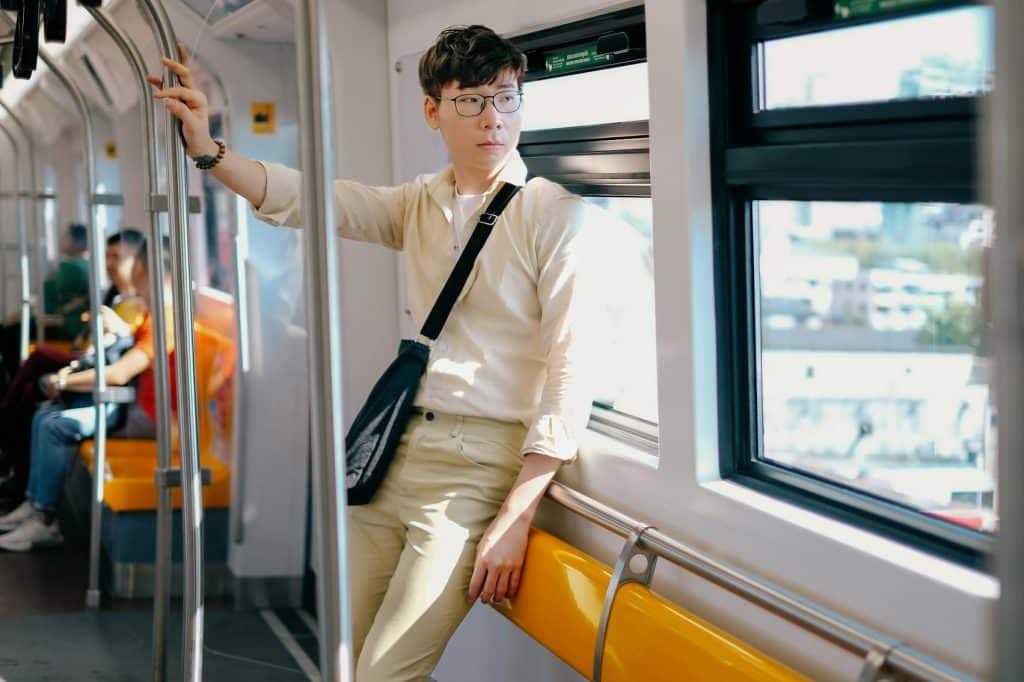19 Things Millennials Taught Us About Work-Life Balance
Millennials have flipped the script on what it means to live and work well. Ditching the grind-’til-you-drop mentality of previous generations, they’ve redefined work-life balance with fresh priorities, flexible schedules, and an insistence on boundaries. Whether it’s saying “no” to unpaid overtime or saying “yes” to a midday yoga break, millennials are leading the charge toward a healthier, happier work culture. Here are 19 lessons they’ve taught the world about balancing the hustle with the chill.
1. Burnout Is Not a Badge of Honor

Millennials were among the first to say out loud what everyone else was thinking: burnout isn’t cool. While older generations wore exhaustion like a badge of pride, millennials saw it for what it was—a one-way ticket to misery. They’ve embraced self-care and prioritizing mental health as essential components of career success. Saying “no” to overwork has become the ultimate power move. Turns out, a rested mind is a productive mind.
2. Work Can Happen Anywhere

Millennials championed the remote work revolution long before it became a global necessity. With laptops and Wi-Fi, they’ve turned coffee shops, co-working spaces, and even hammocks into office spaces. The result? More freedom and fewer pointless commutes. This flexibility has inspired a generation to ask, “Do we really need that cubicle?” Spoiler: we don’t.
3. Side Hustles Are the New 401(k)

For millennials, relying on one job for stability feels as outdated as a flip phone. Enter the side hustle: a way to diversify income, pursue passions, and gain independence. Whether it’s selling art on Etsy or teaching yoga on weekends, side gigs are a crucial part of their work-life balance. Bonus? Many side hustles turn into full-blown dream careers.
4. Boundaries Are Non-Negotiable

Gone are the days of answering emails at 11 PM to prove dedication. Millennials have drawn a line in the sand: work stays at work. They’ve normalized “Do Not Disturb” modes, turning off Slack notifications, and saying, “I’m unavailable outside office hours.” It’s a lesson in reclaiming personal time and teaching employers to respect it.
Follow us for more of these articles.
5. Mental Health Days Are Real Days

Millennials were early advocates for taking mental health as seriously as physical health. Calling in sick doesn’t always mean a fever—it might mean an overdue therapy session or a much-needed breather. They’ve challenged workplace stigmas around mental health and helped pave the way for conversations about balance and well-being.
6. Vacations Are for Rest, Not Emails

“Out of Office” means out of office, not “replying from the beach.” Millennials have mastered the art of truly unplugging during vacations, leaving behind the idea that success requires constant availability. Their approach is simple: rest now, return refreshed. Trust them—your inbox will survive.
Follow us for more of these articles.
7. Flex Hours Aren’t a Perk; They’re a Necessity

The traditional 9-to-5 grind doesn’t fit everyone’s lifestyle, and millennials were the first to call it out en masse. Flexible hours have become a cornerstone of their approach to work-life balance, whether that means starting late, leaving early, or working in bursts. The result? Increased productivity and fewer mid-afternoon slumps.
8. Health Insurance and PTO Are Non-Negotiable

For millennials, a competitive salary isn’t enough—benefits matter just as much, if not more. They’re demanding healthcare, paid time off, and parental leave as standard, not optional. Their stance is clear: if a job doesn’t support your life, it’s not worth your time. Employers, take note.
Follow us for more of these articles.
9. Work Is Not Your Identity

Millennials have rejected the idea that your job defines your worth. They prioritize hobbies, relationships, and personal growth just as much as career milestones. The mantra “you are not your job” has become their rallying cry. Life is bigger than the title on your LinkedIn profile.
10. Office Snacks Are a Small but Mighty Perk

Sure, it’s a little thing, but millennials have proven the power of free snacks in boosting morale. Whether it’s kombucha on tap or a stash of granola bars, these perks make the workplace feel more human. Happy employees are productive employees, and sometimes happiness is as simple as a mid-morning bagel.
Follow us for more of these articles.
11. Open-Plan Offices Need Personal Space

Millennials were quick to call out the flaws of the trendy open-office layout. Noise, distractions, and lack of privacy? No thanks. They’ve lobbied for better-designed workspaces, like quiet zones and collaborative hubs. Because sometimes, you just need a door to close.
12. Gig Work Isn’t Just a Phase

For millennials, the gig economy isn’t a backup plan—it’s a lifestyle. They’ve embraced freelancing, contract work, and short-term gigs to create careers that match their priorities. While it’s not without challenges, the freedom to choose when and how they work has redefined traditional career paths.
Follow us for more of these articles.
13. Bosses Should Be Leaders, Not Dictators

Millennials value managers who inspire rather than intimidate. They expect leaders to provide guidance, support, and a little humanity. Micromanaging? Hard pass. A good boss helps foster work-life balance by trusting employees to do their job without constant oversight.
14. Learning Never Stops

Professional development isn’t just a corporate buzzword for millennials—it’s a necessity. They prioritize learning opportunities, from online courses to industry conferences, as part of their career journey. Growth isn’t just about promotions; it’s about staying sharp and feeling fulfilled.
Follow us for more of these articles.
15. Saying “No” Is a Skill

Whether it’s declining extra work or turning down toxic jobs, millennials have learned the art of saying “no.” It’s not about laziness—it’s about setting limits to protect their energy. They know that saying “yes” to everything often means saying “no” to themselves.
16. Commutes Are Time Thieves

Millennials have waged a quiet war against long commutes, favoring remote work or jobs closer to home. Time spent stuck in traffic is time they’d rather spend with family or on hobbies. Their push for flexible arrangements has made the two-hour trek to the office feel like ancient history.
Follow us for more of these articles.
17. Diversity Is Non-Negotiable

Millennials expect workplaces to prioritize diversity, equity, and inclusion. They demand environments that celebrate different perspectives and provide equal opportunities for all. It’s not just about representation—it’s about creating a culture where everyone feels valued and respected.
18. Lunch Breaks Are Sacred

Gone are the days of eating sad desk salads in between meetings. Millennials insist on taking real lunch breaks to recharge. Whether it’s a walk around the block or a sit-down meal, they understand the value of stepping away from work for a moment of calm.
Follow us for more of these articles.
19. Hustle Culture Isn’t Worth the Hype

Millennials have seen the dark side of hustle culture, and they’re not buying it. The idea of grinding 24/7 for the sake of success feels outdated and unsustainable. They’re proving that you can work hard and still have a life. Turns out, balance is the ultimate flex.
Like our content? Be sure to follow us!






